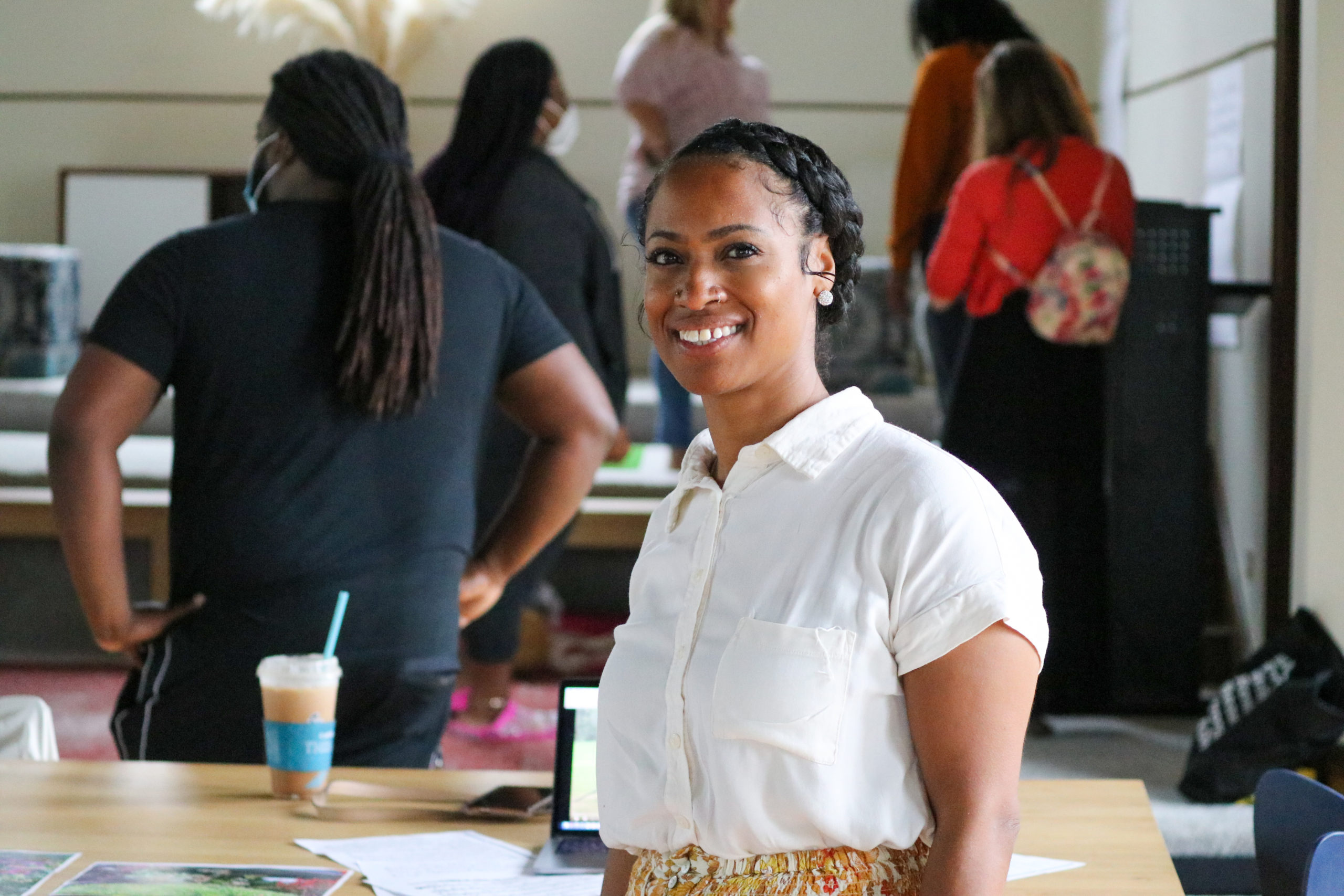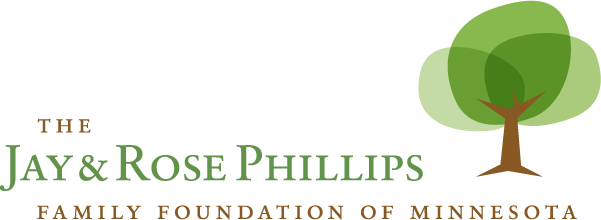
This fall there’s a lot of talk about what’s wrong with public education. Test scores are lower, racial disparities are wider, and educators are leaving the field. While the COVID-19 pandemic contributed to all of these challenges, I would argue they are and have been consistently rooted in deep injustices like cultural incompetence, persistently low numbers of educators of color, inadequate pay, and inequitable funding. When the harms caused by these injustices are so widespread and painful, how can public educators and students persevere? How can we heal?
A holistic and culturally grounded focus on literacy must be part of the answer.
The world-renowned, award-winning African American novelist Toni Morrison wrote, “There is no time for despair, no place for self-pity, no need for silence, no room for fear. We speak, we write, we do language. That is how civilizations heal.” These words were taken from an essay for The Nation in which she describes how art and literacy are revolutionary tools to shield against the impacts of violence and oppression. What a radical concept! Speaking, writing, and communicating have the power to heal a civilization. Just imagine the possibilities of literacy instruction with healing as its purpose.

I’ve seen those possibilities become realities in my work with the Jay and Rose Phillips Family Foundation. Over the past two years, I’ve helped Phillips implement its Genius & Joy summer learning programs. This initiative—created by a committee of community advisors—funds Northside educators to create exciting, culturally grounded, literacy-focused summer programs at Minneapolis Public Schools in the area.
Genius & Joy was conceived as an antidote to the joyless reality of distance learning, as well as a way to implement the ideas of an important new educational scholar, Dr. Gholdy Muhammad. Her 2019 work, Cultivating Genius: An Equity Framework for Culturally and Historically Responsive Literacy, draws on African American literary history to provide educators with a research-based approach to literacy instruction as a tool for healing and liberation.

Inspired by this framework, the Phillips Foundation’s community advisory committee has awarded Genius & Joy grants to Northside educators for the past two summers. These grants enabled educators to practice multimodal approaches to literacy that center on joy and the students’ community, culture, history, and curiosities. Funding provided educators with enough space and time to experiment with explicitly integrating joy into their instruction. The Foundation also provided healing resources for educators who are burned out after three very challenging years.
Dr. Gholdy Muhammad asserts that literacy instruction should animate the human soul. The foundation’s community advisory committee invited North Minneapolis educators to practice animating the soul. It’s important to note that we made sure that the educators who applied understood what we meant by “joy.” We wanted them to create joyful experiences that go beyond “fun”; we invited them to include in the definition of “joy” adjectives like euphoric, optimistic, hopeful, eager, proud, triumphant, playful, amusing, content, pleasing, peaceful, serene, and tranquil. All of these feelings have the power to heal.

Dr. Gholdy Muhammad states in her book that “(w)e live in a period when there’s no time for ‘urgent-free pedagogy.’ Our instructional pursuits must be honest, bold, raw, unapologetic, and responsive to the social times.” North Minneapolis Genius & Joy educators embraced this spirit and created learning experiences that cultivated learners’ language and literacy development while keeping identity, joy, critical thinking, and cultural affirmation at the center.

These amazing teachers and paraprofessionals created the kinds of joyous learning opportunities that they are never given the chance to teach during the regular school day due to curriculum restraints or a lack of funding.
Educators paired the concepts of autobiography and boxing, digital literacy and photography, cooking and culture. They created experiences around Black history, HBCU college and drumming, community-based experiential learning, African and Hip Hop dancing, board gaming, high school name changing, sewing, and movement literacy. No one could deny the power of reading, speaking, writing, and communicating at play.
As I celebrate the educators’ accomplishments, I also recognize that this is far from enough. Support from community organizations like the Philips Foundation and Minneapolis Foundation help mitigate inequities in public school funding, but these institutions must also work hard to recognize their own gaps in understanding the people they serve. Although we prioritized making the educators feel valued and appreciated, there were times when educators felt frustrated or overwhelmed by the foundations’ incomplete understanding of their work and needs. Trusting the educators’ talents and expertise is an area of growth I hope to continue to promote.

Healing from past and current educational injustices must continue to be part of the conversation about high-quality, culturally sustaining literacy instruction. When education validates, affirms, and celebrates the full humanity of Black and brown children through culture, visibility, language, and creativity, they heal from past and current disparities. The same can also be said about educators. This concept became evident to us during our educator learning and rejuvenation sessions as we discussed burnout and explored the rejuvenation powers of storytelling, plant care, wealth building, breathing, touching, talking, connecting, and creating. Black-owned businesses and organizations like the Zin Ben, Black Storytellers Alliance, and Black Women’s Wealth Alliance provided educators with new learnings and sources of inspiration. I appreciate these Black-owned businesses for partnering with us and pouring into the educators. This is what joy and justice should look like in our Northside schools on a consistent basis.
